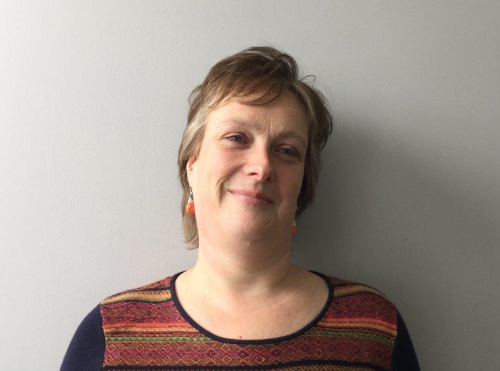
Fiona Corless
Vice Chair of the Health, Care & Additional Needs Policy Committee
Assistant Director, Sufficiency and Commissioning: High Needs,
Norfolk County Council
The announcements of the abolition of NHS England and the transfer of its functions to the Department of Health and Social Care marks a significant shift in the landscape of healthcare in this country. This change is expected to have far-reaching implications for various sectors, including us in children's services. As we navigate this transition, it is crucial to explore both the potential impacts and the opportunities that may arise.
Whilst this move is intended to empower local leaders; it also brings about several challenges which will impact children’s services:
- Operational disruptions: The transition process, expected to take up to two years, may cause significant disruptions in the day-to-day operations of children's services. Integrated Care Boards (ICBs), which commission nearly all hospital and community health services locally, will need to reduce their running costs by 50% by October 2025. This could lead to job losses and a reduction in the capacity to deliver services effectively.
- Uncertainty in service delivery: The exact details of how the dissolution will impact frontline services are still unclear. However, the reduction in running costs and the reorganisation of ICBs may affect the availability and quality of services provided to children and young people.
- Financial constraints: The expected savings from the dissolution may not be sufficient to address the rising demand for care and the need to transform services. This financial strain could impact the resources available for children's services, potentially leading to longer waiting times and reduced access to care.
Despite the challenges, there are also several opportunities for children's services:
- Closer integration with children's social care: The abolition of NHS England and subsequent reorganisation of ICBs provide an opportunity to secure parity of esteem for children and support closer integration with children's social care. This could lead to more holistic and coordinated care for children and young people, addressing both their health and social care needs, and building on work that many local authorities have already started in this space.
- Empowerment of local leaders: The decentralisation of power within the NHS is intended to give local leaders the tools they need to deliver on the government's future plans for the NHS. This empowerment could enable local leaders to tailor services to the specific needs of their communities, leading to more effective and responsive care for children.
- Innovation and transformation: The transition period provides an opportunity for innovation and transformation. By rethinking service delivery models and exploring new ways of working, local leaders can develop more sustainable and effective approaches to meeting the needs of children and young people.
- Focus on preventative care: The reorganisation of ICBs, and the emphasis on reducing running costs, could encourage a greater focus on preventative care. By investing in early intervention and preventative services, local leaders can help to reduce the long-term demand for more intensive and costly services, ultimately improving outcomes for children and young people.
Change can be scary, but it can also bring opportunities. With such a significant transformation on the horizon, the key is to nurture our relationships with health partners. We are stronger as a system so let’s focus on navigating the challenges together and embracing the opportunities for closer more integrated children’s health and social care services with a focus on early intervention and prevention. By navigating these changes thoughtfully and strategically, we can work towards a more effective and responsive system that better meets the needs of children and young people.





